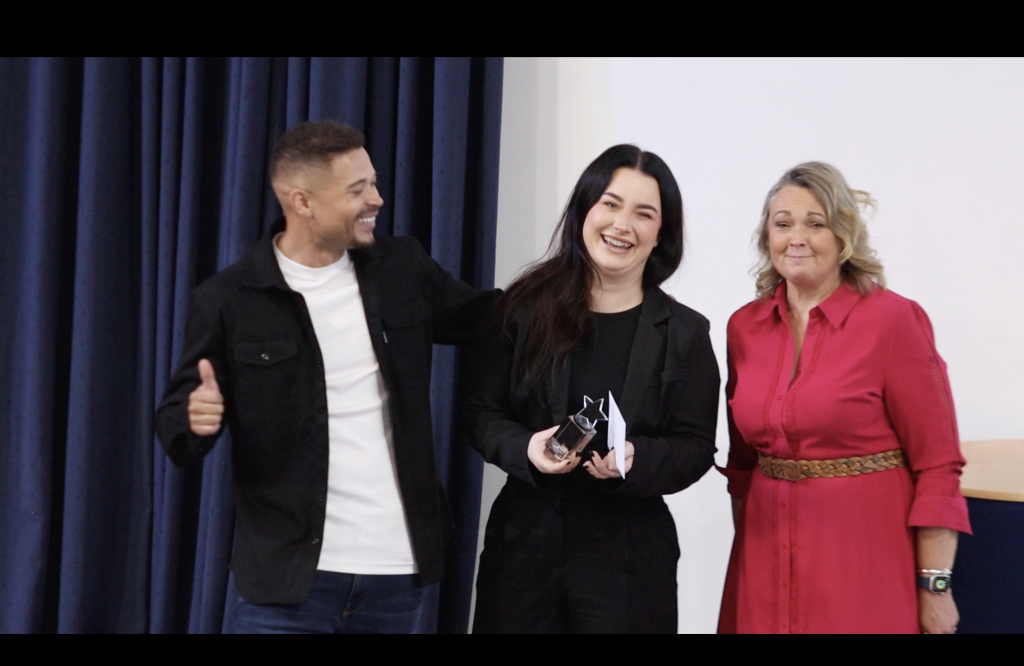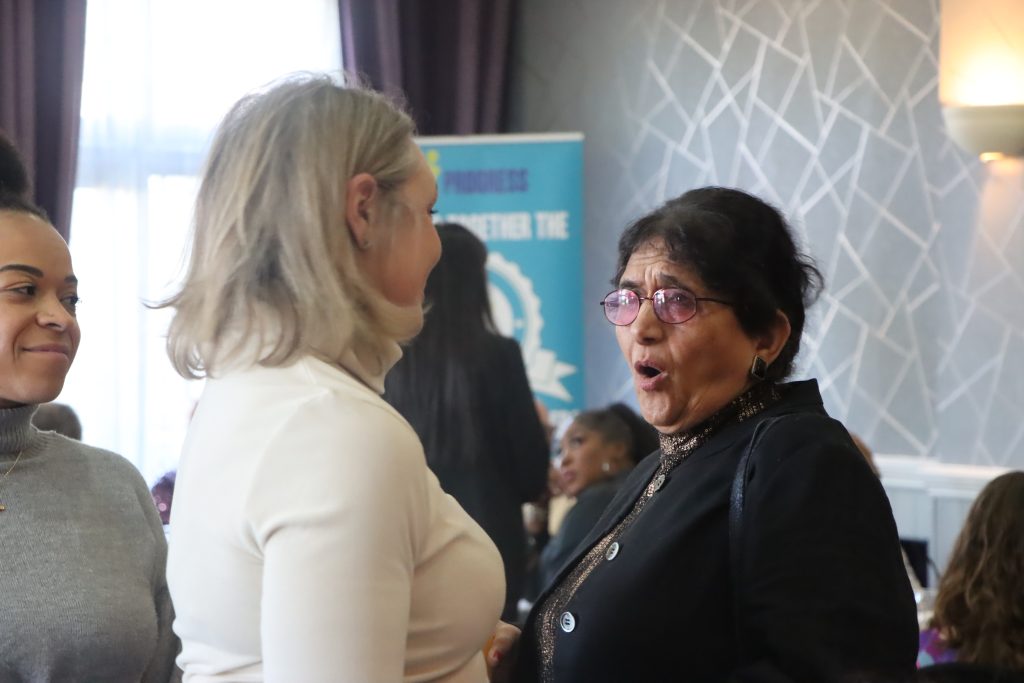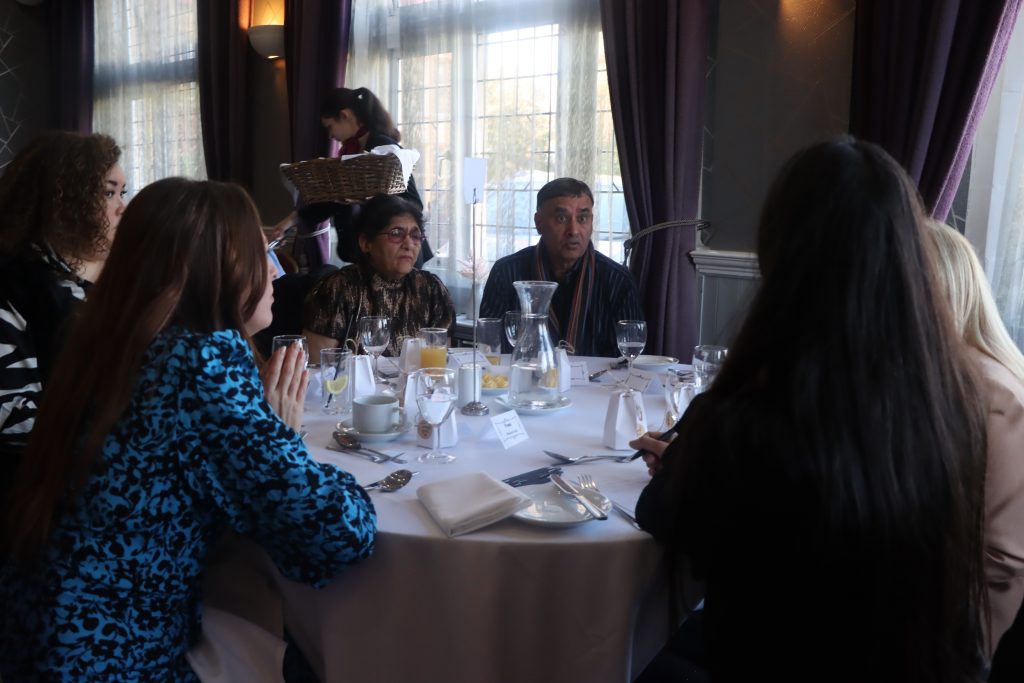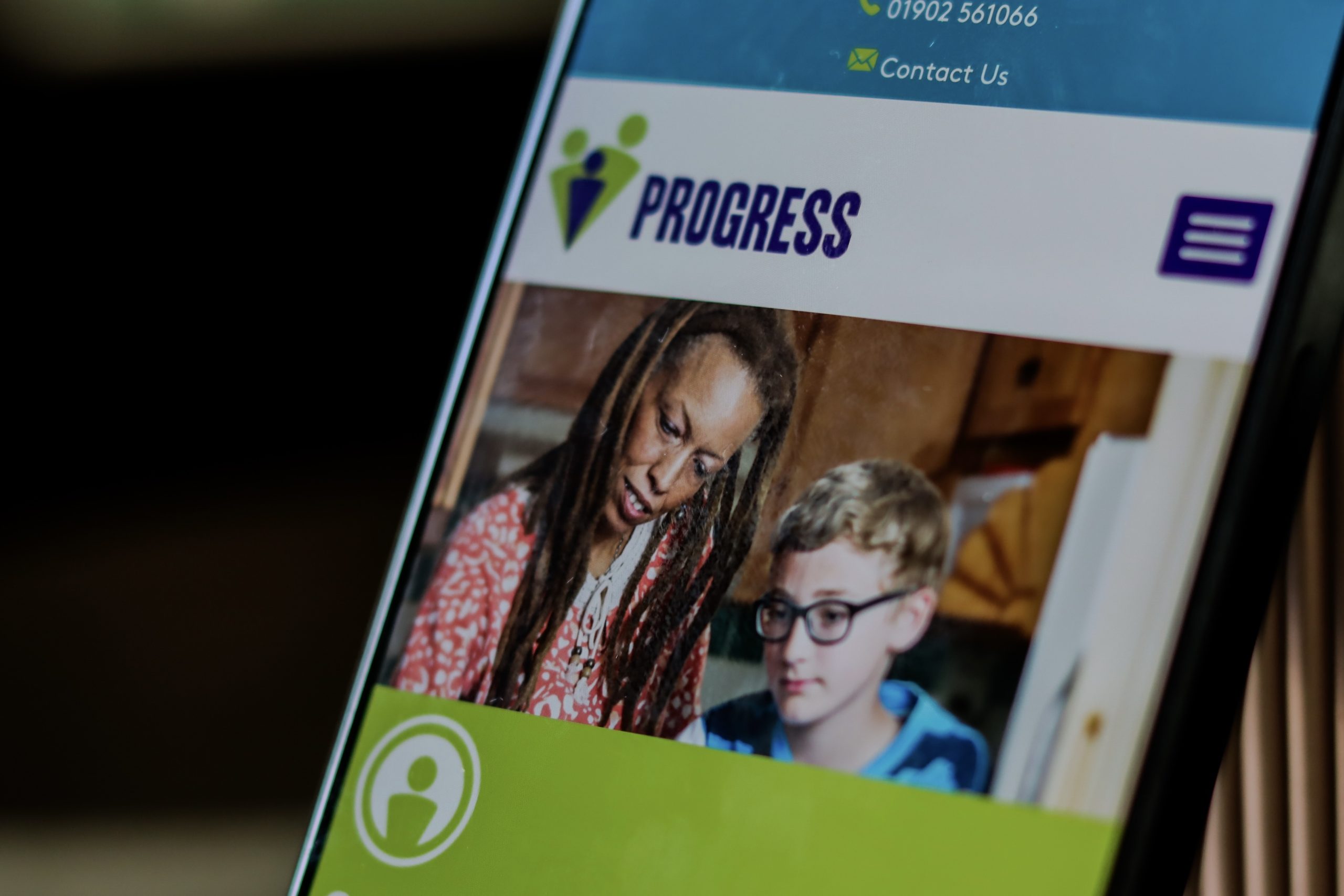At Henley Lodge, a vibrant and nurturing residential home under the Progress umbrella, transformation is more than a goal, it’s a lived reality. Just over a year ago, the service was navigating internal transitions. Today, it’s a home filled with laughter, structured progress, and a fiercely determined leader at the helm.
Jade, Henley’s registered manager and two-time winner of Progress’ Leadership Award, is not your average manager. Her honest, hands-on, and high-expectations leadership style has breathed new life into the service, fostering a culture of accountability, support, and joy. With a strengthened staff culture, and clear plans for improvement, Jade is now gearing up for a major milestone—Henley Lodge’s Recruitment Day on June 10 at Ramada Hotel in Coventry, CV1 3GG. To attend, fill the form below:

In this candid conversation, she shares what makes Henley Lodge special, her leadership ethos, what she’s looking for in new team members, and what makes the work truly meaningful.
Q: How are things currently at Henley Lodge?
Jade: Honestly, we’re in a really good place right now. Staffing is always a bit of a juggle, but with our new team leader, Roxy, things have really started to fall into place. The young people are settled, the staff are motivated, and we’ve just had a strong Ofsted visit with no recommendations—something I never take for granted.
Q: What’s changed the most over the past year?
Jade: We’ve shifted how we support our children’s development targets, these are now reviewed consistently in every team meeting. Our team is much more proactive. It’s not just about meeting targets; it’s about taking ownership. Plus, having the twins join us has brought fresh energy to the home, and the staff have adapted beautifully.
Q: Henley Lodge is based in Coventry. How are the team members fairing?
Jade: Most of our staff are local and use public transport. The bigger issue is getting children from other authorities into school placements, but we always find a way. What matters is how well the team works together, and here, they really do.
Q: You’ve won the Progress Leadership Award two years in a row. What’s your secret?
Jade: I think people appreciate that I say it how it is. I’ll always support my team, but I’ll also hold them accountable. I put a lot into this job, and my staff know that. I’m in the home late at night, on weekends, training people when they need it. I think the mutual investment is what makes the difference.
Q: Tell us about your team leader, Roxy.
Jade: Roxy’s a mini-me in the best way. She didn’t come from a children’s background, but she has strong managerial skills and a real willingness to learn. She’s firm but fair, and she’s growing into the role beautifully. She’s taken on activity planning, set up a new staff file for events, and she’s getting stuck into everything from rotas to Valentine’s crafts.
Q: What’s the vibe like inside Henley Lodge today?
Jade: It’s genuinely happy. You can hear the kids laughing, staff laughing, it feels like a home. People who come for interviews often say how warm and clean it feels. Staff aren’t just getting along; they’re thriving. There’s no drama, no gossip, just solid teamwork and kindness.
Q: What are some things the staff have done recently that made you proud?
Jade: The activity planning has really stood out. When we had the twins out of school, the team took it upon themselves to research local activities and came up with options like a special needs-friendly farm trip. They sorted out logistics, funding, everything. It was all them. And the kids had the best time!
Q: What are you looking for in new recruits ahead of the June 10 recruitment day?
Jade: I’m being really intentional now. I want strong key workers, people who can handle challenging behaviour and write quality reports. We can teach people how to care for children, but we need staff who can document and reflect that care properly. If you’re committed and open to growth, we’ll support you all the way.
Q: What’s your pitch to someone considering a role at Henley Lodge?
Jade: We don’t just talk about progress, we live it. I’ve done every role in this company, and I use my journey to show others that you can grow here. If you bring passion and commitment, I’ll give you the tools to succeed. It’s not just a job, it’s a career, and Henley is a place where people thrive.
Interested in working at Henley Lodge?
Join us at our Recruitment Day on June 10 and meet Jade and the team. Discover what makes Henley more than just a workplace and why your next role might be waiting right here.
Fill the form below:















